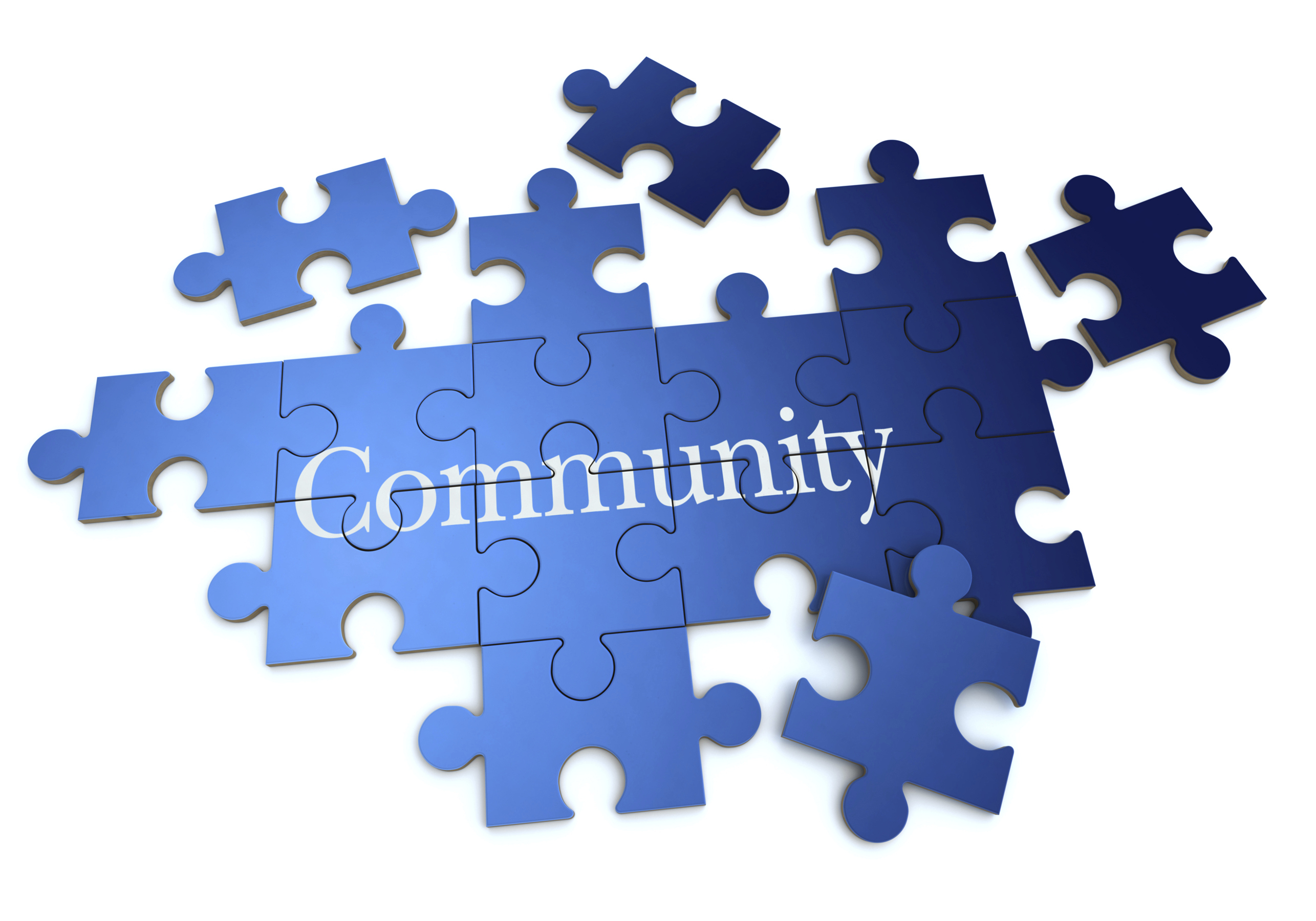 As the Assistant Dean of Students at the UNC Gillings School of Global Public Health, I blogged on student affairs for about a year under the moniker “The Dancing Dean.” (Yes, there is a story.) The purpose of that blog was to share information and advice for the school’s 1,700+ students.
As the Assistant Dean of Students at the UNC Gillings School of Global Public Health, I blogged on student affairs for about a year under the moniker “The Dancing Dean.” (Yes, there is a story.) The purpose of that blog was to share information and advice for the school’s 1,700+ students.
Here is most of a post I found on the Roger-Eubanks Coalition blog with portions of my original student affairs blog post that includes advice for student leaders and advocates. (In sum, advocacy matters.)
Copied from UNC-CH Engineers Without Borders’ (EWB) collaboration with the Rogers-Eubanks Neighborhood Association (RENA), January 28, 2010.
One of the lessons I taught students in my classes on health care policy and politics is that attention to issues, problems and crises comes and goes. Eventually, journalists, celebrities, politicians, the general public and even health care professionals return to the ongoing issues that affect them personally or are highest on their list of ongoing priorities. This morning was the first time since the Haiti earthquake that my favorite morning news program did not lead with the aftermath of last week’s earthquake in Haiti. Where will the donations, volunteers and attention be one month from now…one year from now
Student Affairs
My corresponding lessons on the issue attention cycle were for supporters of particular issues, policies or crisis responses to take advantage of peaks in attention (before they inevitably fade) and to create infrastructures that would help sustain their efforts.
A great example of this advice in action is the UNC-CH Engineers Without Borders’ (EWB) collaboration with the Rogers-Eubanks Neighborhood Association (RENA). UNC EWB leaders (current students Liz, Shannon and Patsy), Reverend Robert Campbell from RENA and recent SPH graduate Dr. Chris Heaney met with Dean Rimer (me and others) this afternoon to discuss ideas for how they can expand and sustain their service-research contributions aimed at helping this community. One of their strategies is to build collaborations that would expand the network of groups and agencies who are committed to supporting this issue. Another is to “create” attention with a documentary (which is in progress), seminars and other communications. And, of course, they are pursuing funding via grants and donations.
All of these approaches can be used by student organizations and students who want their projects and issues to have support year-to-year.
For more on this partnership, go to the Coalition’s blog post.

